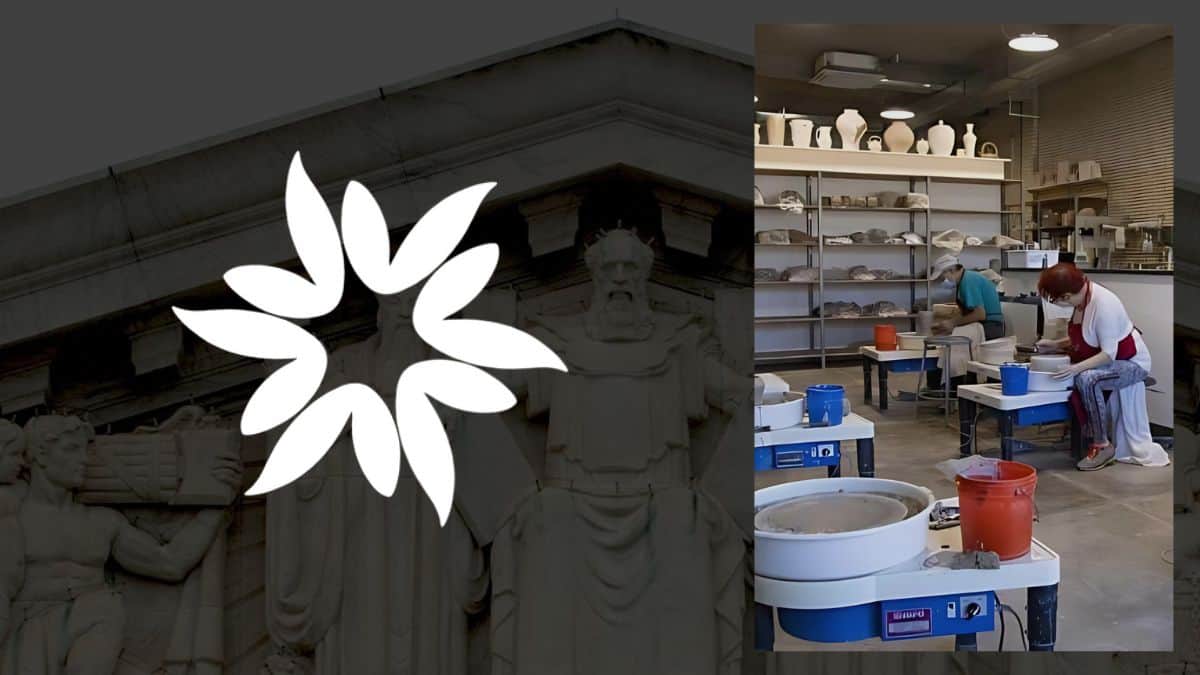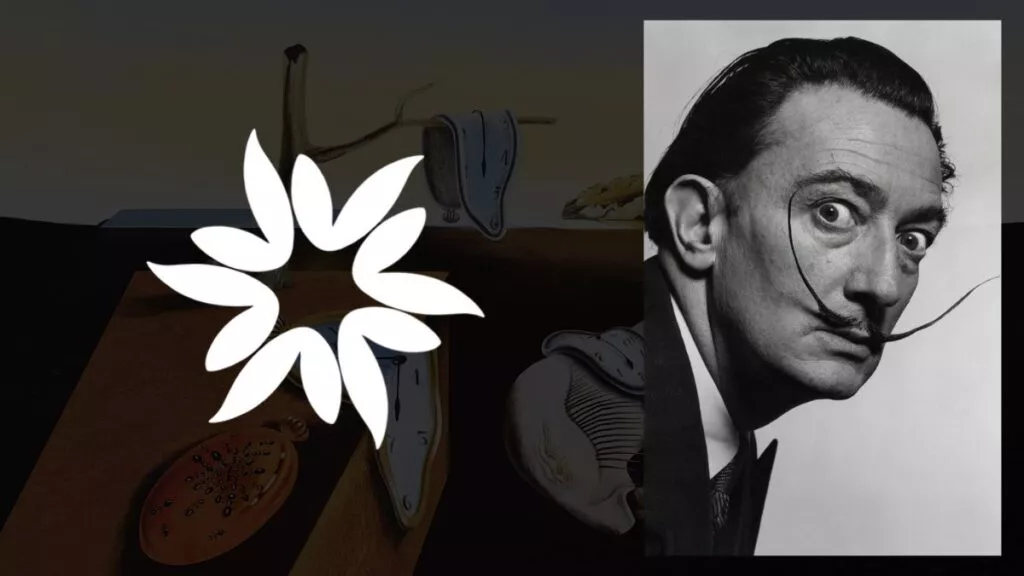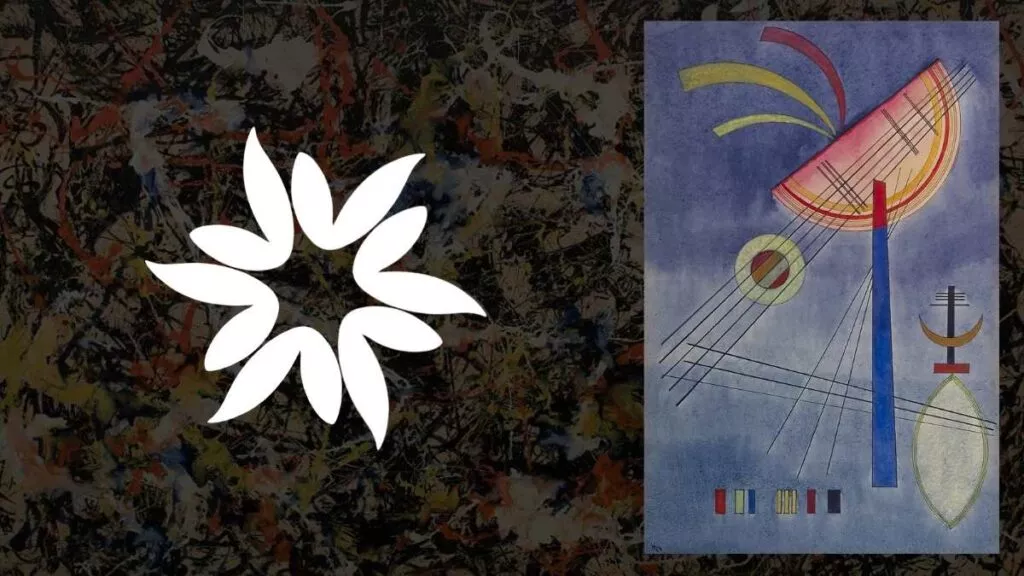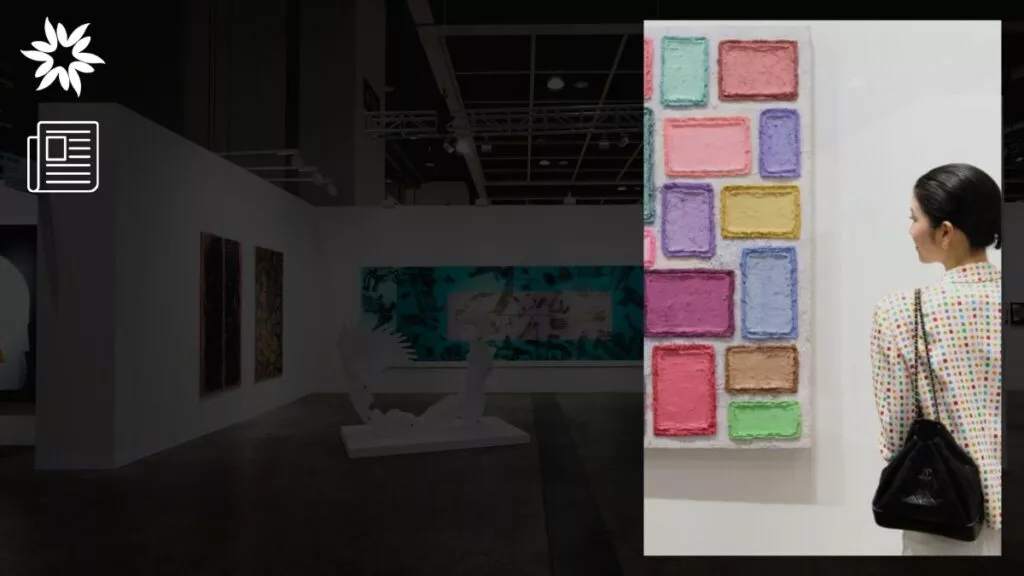The Craft Alliance in St. Louis closed a pro-Palestinian art exhibit, calling it antisemitic. This decision has sparked a big debate about free speech and the role of art in discussing political issues.
Key Takeaways
- The Craft Alliance Art Center in St. Louis removed a pro-Palestinian art exhibit, labeling it antisemitic.
- Artists Dani Collette and Allora McCullough argue that their work promotes discourse about freedom and peace.
- The controversy highlights ongoing tensions and the importance of educational components in politically charged art exhibitions.
Craft Alliance’s Removal of Pro-Palestinian Exhibit Sparks Debate
In a recent and highly controversial move, the Craft Alliance art center in St. Louis closed an exhibit by local artists Dani Collette and Allora McCullough, calling the display antisemitic.
This decision has sparked a big debate about free speech, political messages in art, and what art centers should do.
The Artists’ Perspective: Intentions and Reactions
Collette and McCullough were selected for the Craft Alliance’s artists-in-residence program in July 2023.
This prestigious 11-month program provided them with a private studio, a stipend, tuition waivers for workshops, and the opportunity to present a group exhibition at its conclusion.
“Planting Seeds, Sprouting Hope,” the artists’ exhibition, focused on pro-Palestinian and anti-genocide movements.
The exhibition opened on a Friday, but to the artists’ shock, two of Collette’s pieces were removed before the event.
These included a bowl with a keffiyeh print titled “Symbol of Solidarity” and watermelon seed-shaped pieces inscribed with “Land Back.” Several title cards, including those for “Indigenous to Palestine” and “From the River to the Sea,” were also taken down.
The latter phrase is particularly contentious, with varying interpretations regarding its implications.
Collette expressed her dismay at the removal, stating, “I showed up, and my artwork was gone, and my titles were gone, which I think is an incredibly disrespectful and aggressive stance to take without any sort of discourse or effort at discourse.”
Craft Alliance’s Stance: Concerns and Policies
Bryan Knicely, the executive director of Craft Alliance, explained why they made this decision.
He said a Jewish volunteer found the exhibit offensive, especially the phrase “From the river to the sea,” which he saw as a call to violence.
Craft Alliance posted on social media that they removed the exhibit because it had “antisemitic slogans and imagery” that seemed to call for the destruction of the Jewish state of Israel.
Collette and McCullough insisted that they had been transparent about the exhibition’s meaning.
Collette said, “I have a firsthand account from a Palestinian person who informed me that when they use it, it’s a call for freedom, equality, and peace for all inhabitants ‘From the [Jordan] River to the [Mediterranean] Sea’ including Jews and Israelis.”
McCullough added, “To accuse us of being antisemitic because we want to support freedom for innocent civilians is absurd.”
Knicely further elaborated that the artists did not provide enough advance notice or detail about their works, preventing the organization from preparing an educational component to accompany the political nature of the exhibition.
“If you’re doing something political, it needs to have that educational component,” Knicely said.
“It has to be done in advance so people know what to expect, and then we would’ve seen the titles, and we could’ve suggested a different way of introducing that piece or that title so it could’ve been acceptable to the public.”
Impact of Political Art and Free Speech in Art Spaces
The removal of the exhibition has broader implications for the art world, particularly regarding how political art is handled and the balance between freedom of expression and community sensitivity.
McCullough criticized the decision, stating that accusations of antisemitism against pro-Palestinian supporters are dangerous and that art spaces should be safe for discourse, even if uncomfortable.
“I wish that more people were open to the idea of art spaces being a safe space for discourse and that sometimes discourse is a little uncomfortable, but it should never be violent,” McCullough said.
“I think that the reaction of removing my livelihood and removing Dani’s work, specifically her Indigenous work, are violent actions.”
The controversy has ignited a broader debate on censorship and the role of art in political discourse.
While Craft Alliance defended its decision as necessary for safety and compliance with policies, the artists viewed it as a suppression of their creative expression and message.
Lessons Learned and New Opportunities
Bryan Knicely acknowledged that the situation was challenging and stressed the need for clear communication and planning when dealing with political art. He further stated that the decision to close the exhibit was made to protect everyone involved.
“We never want to shut something down, but we will do something like that if we have to protect our staff or our patrons or anyone that sees the exhibition,” Knicely said.
Despite the controversy, the artists have found a new opportunity. Nearby St. Louis’ Fifteen Windows Gallery has offered to host the exhibit starting July 13, with a talk by the artists planned for August 10.
This new venue may allow for the intended discussions and a better understanding of the artists’ messages.








